There has been a 63% year-on-year increase in the use of cargo bikes by fleets in London, according to new analysis from Clean Cities.
With Transport for London (TfL) predicting that cargo bikes could replace around one-in-six vans in parts of London by 2030, a new campaign called Clean Cargo Capital is calling for a ‘green deal’ for freight.
They want increased support from the Mayor of London for the uptake of cargo bikes as an alternative to polluting diesel and petrol vans.
More than £100 million has been committed by TfL for businesses to scrap polluting vans but none of this has been dedicated to accelerate the uptake of cargo bikes, say campaigners.
They see this as a missed opportunity and are calling for the green deal, with remaining funds allocated to a ‘Bikes for Business’ project so that tailored advice and subsidies are made available to any London businesses wanting to adopt cargo bikes.
The group wants to see measures that level the playing field between cargo bikes and more polluting delivery modes, such as a fairer and smarter Congestion Charge that more accurately reflects environmental and social costs of different modes.
It is also calling for an urgent river crossings package for cargo bikes as they are excluded from Silvertown Tunnel, which opens next year.
Jack Skillen, director of sustainability and place at Team London Bridge, the business improvement district, said: “In this area alone over 200 businesses have made a switch to cargo bike, whether it is for transporting legal contracts, blood samples, stationary or waste.
“The change in London Bridge has been dramatic and is having such a positive impact on the environment and the public. But there are barriers limiting progress, so we need partners, including the Mayor, local and national governments to share our vision if we are going to see this positive transformation continue across London.”
Launching the Clean Cargo Capital campaign in London on Wednesday (August 7) at the annual Cargo Bike Cruise, more than 80 cargo bikes from 54 businesses took to the streets to celebrate the different organisations using the sustainable alternative to petrol or diesel vans.
MPs joined couriers, plumbers and electricians in the largest convoy to date.
Fleets embracing zero-emission alternative
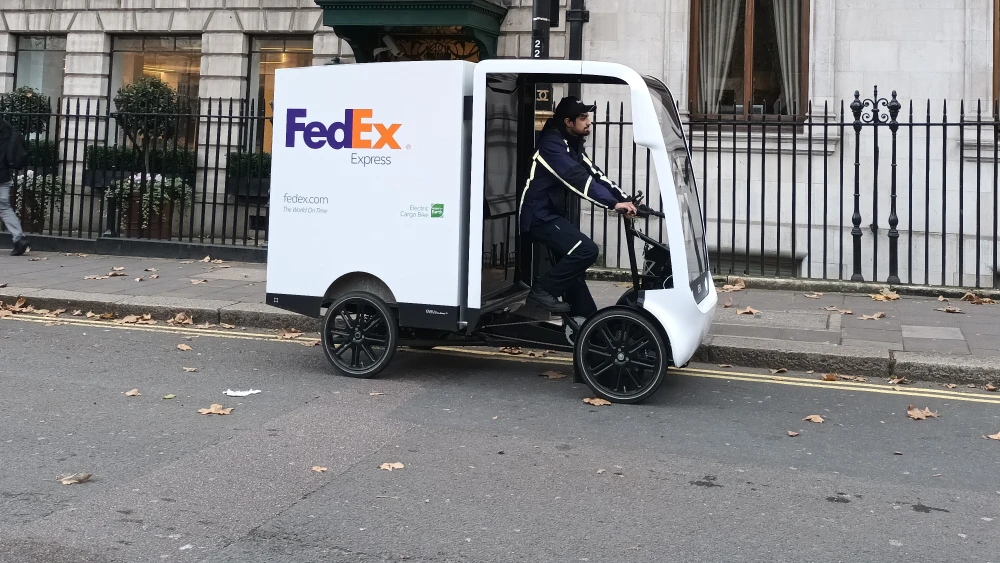
An increasing number of fleets are employing the vehicles for last-mile deliveries, with Amazon announcing it is deploying a new fleet of electric cargo bikes in Norwich this week.
Its first micromobility hub in Norwich joins more than 40 cities in the UK and across Europe where Amazon provides electric cargo bike and on-foot deliveries.
As part of a £300m investment to electrify and decarbonise Amazon’s UK transportation network, it says that electric cargo bikes and walkers are now expected to make millions of deliveries to its customers across the UK every year.
Earlier in the year, FedEx Express Europe also introduced new e-cargo bikes to work alongside its vehicle pick-up and delivery fleet in Greater London.
Eight electrically assisted four-wheel delivery bikes have been operating from FedEx Express stations London City and Hornsey, where they replaced six conventional diesel vans.
Last year, TfL launched a cargo bike action plan in an effort to transform how deliveries are made in the capital.
It included developing a London safety standard for cargo bikes that adopts best practice; exploring opportunities to provide space, such as micro-hubs and parking to support last mile cargo bike operations; and monitoring where key cargo bike routes are across the city to identify usage patterns and project future growth
The plan also targeted procurement policies to support further cargo bike uptake; ensuring adequate and suitable capacity for cargo bikes when designing future TfL cycling schemes; and providing businesses with the tools and information they need to feel able to make the switch to cargo bikes.



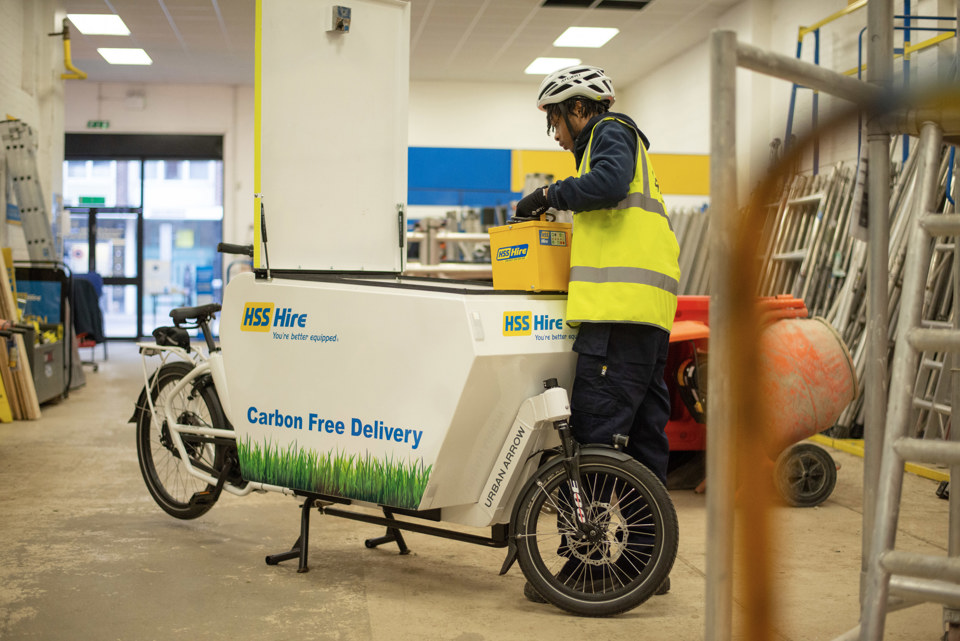




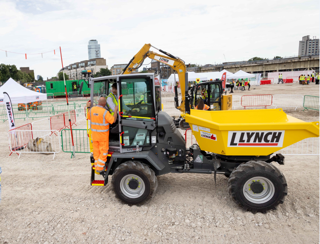
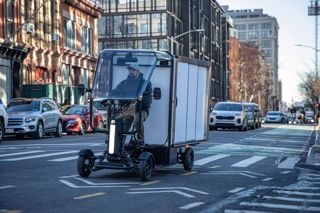

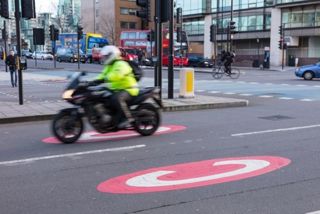












Login to comment
Comments
No comments have been made yet.